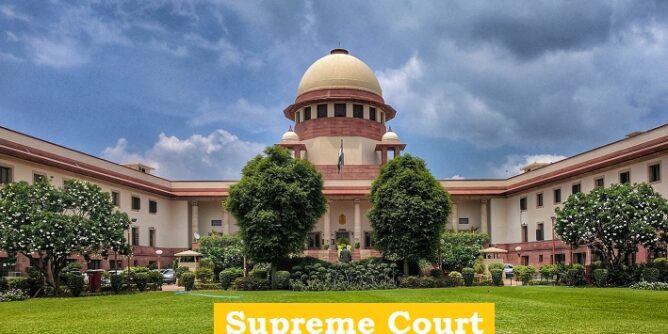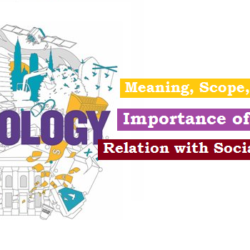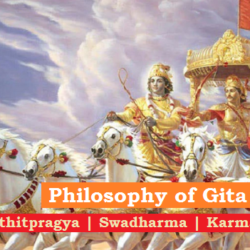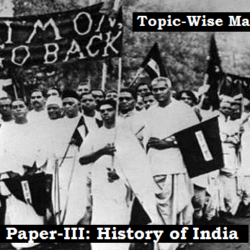
Judiciary (SC and HCs): India has an integrated judicial system with SC at the top and HCs below it under which there are subordinate courts.
Supreme Court is the federal court, final interpreter and guardian of Constitution, guarantor of fundamental rights.
Appointment:
- By the President after consulting with the Chief Justice who in turn would consult a collegium of 4 senior most judges.
- The senior most judge becomes the Chief Justice of SC.
Strength:
Presently SC consists of 31 Judges (including CJI)
Qualifications:
1. Citizen of India
2. Judge of HC (s) for 5 years or
Advocate of HC (s) for 10 years or
Distinguished jurist (in the opinion of the President)
Duration:
- Until the age of 65 years
- He can be removed by the President on the grounds of- proved misbehavior or incapacity– on the recommendation of the Parliament.
Impeachment Process:
- Motion signed by 100 members (in Lok Sabha) or 50 members (in Rajya Sabha) to the Speaker/President
- 3 Member committee for investigation including a judge of SC, chief justice of a HC and a distinguished jurist
- On the basis of the committee report, motion is to be passed by special majority in both Houses.
Independence of Judiciary:
- Mode of appointment (Collegium System), Security of tenure (impeachment),
- Fixed service conditions
- Expense on Consolidated Fund of India
- Apart from it, Conduct of Judges cannot be discussed in the legislature,
- Ban on practice after retirement
- Parliament cannot curtail the jurisdiction (though can extend)
Jurisdiction: Original, Writ, Appellate, Advisory, Special Powers
1. Original: Between State(s) and the Union and between two States
2. Writ: Guarantor of fundamental rights, five writs for the enforcement.
3. Appellate: Appeal from lower courts, at the highest hierarchy of the judiciary
4. Advisory: President to seek advice from SC (Art 143) (only advisory in nature, SC not bound to nor President bound by)
5. Special Jurisdiction:
- Special Leave Petition (SLP) as discretionary power to appeal to any judgment in any matter passed by any court or tribunal
- Judicial Review to examine the constitutionality of a law against ‘procedure established by law’ (explicitly by many Articles)
- Judicial Activism through PIL or suo motu cognizance of a matter concerning the larger mass.
- Ultimate interpreter of the Constitution
- A court of record, judgments are recognized as legal precedents and references. It has power to review its own judgments too

 Home
Home Syllabus
Syllabus Contact Us
Contact Us




